
Facilitating with Ease!
A Step-by-Step Guidebook
Read or listen offline
Amazon KindleRecommendation
Companies that embrace work-teams quickly discover a basic truth: More teams mean more meetings. Management experts laud the benefits of enlightened teamwork, but they spend much less time dwelling on the often long, sometimes pointless and nearly always inefficient meetings that teams breed. With teams fast becoming a fixture in the corporate world, meeting management, or facilitation, is becoming a critical skill for anyone with executive ambitions. Author Ingrid Bens’ definition of a facilitator is quite specific – someone who guides a meeting without actually participating in discussion or decision making – but her book is filled with practical advice that any professional can apply when running a meeting. A host of charts, examples and worksheets (not to mention the accompanying CD) help illustrate her process for steering meetings without controlling or directing the outcome. getAbstract recommends this hands-on how-to guide to anyone motivated to minimize meeting-creep.
Summary
About the Author
Ingrid Bens is a consultant and trainer focused upon conflict management, team building, facilitation, leadership and organizational change. She has more than 20 years of experience in facilitating team implementation and process improvement efforts. She has given presentations at conferences for numerous groups, including the Association for Quality and Participation, the Banff Center for Management, and the University of North Texas’ Center for the Study of Work Teams. She has an M.A. in adult education.








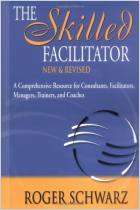
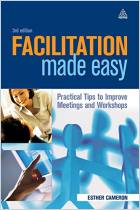
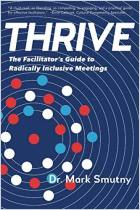

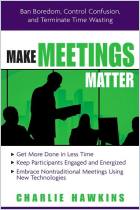
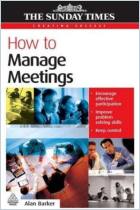









Comment on this summary